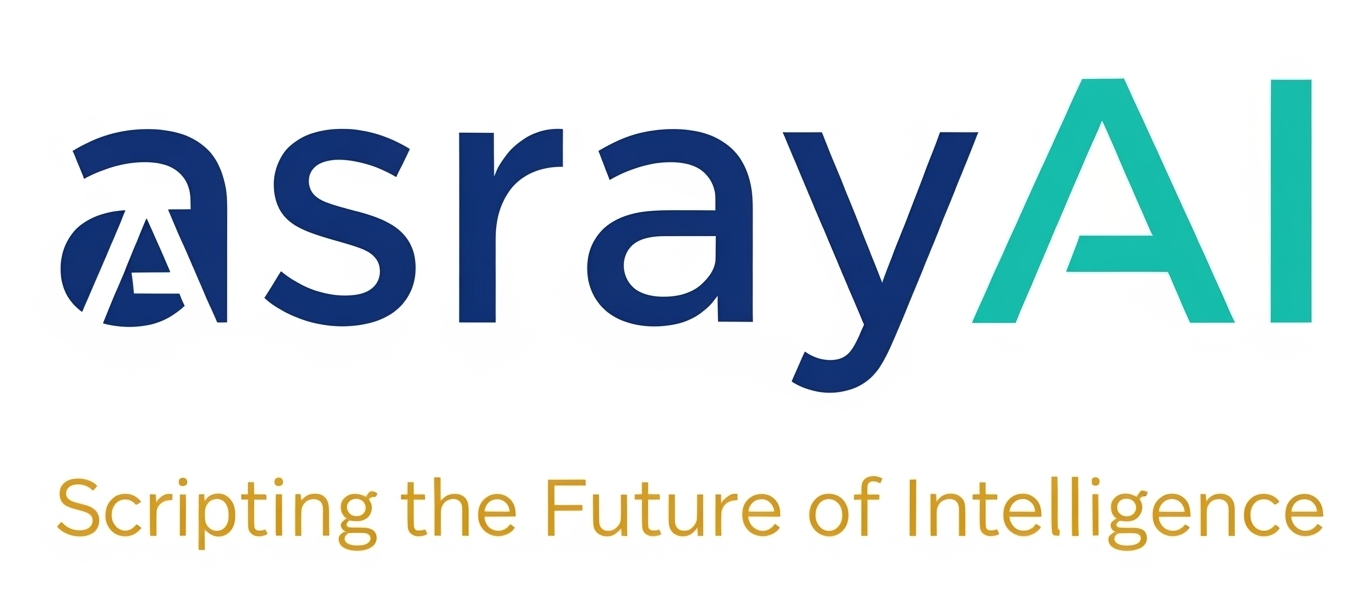AI agents aren’t just fascinating technology — they’re powerful business tools. Companies worldwide are adopting them to cut costs, increase efficiency, and unlock new revenue streams. In this post, we’ll explore why AI agents are becoming a cornerstone of modern business strategy.
1. Reducing Operational Costs
AI agents handle repetitive tasks at scale:
- Answering customer queries.
- Processing invoices.
- Scheduling and coordination.
By automating these processes, businesses save thousands of human hours annually.
2. Boosting Productivity
Agents don’t just reduce costs — they enhance productivity.
- Employees can delegate routine work (emails, summaries, data entry).
- Managers can use agents for analysis and decision support.
- Teams get faster turnaround on reports, presentations, and research.
This creates leverage: the same workforce achieves far more.
3. Improving Customer Experience
AI agents ensure 24/7 availability, instant responses, and personalized service.
- Support agents can resolve tickets without escalation.
- Sales agents can recommend products based on user data.
- Loyalty agents can proactively check in with customers.
Happier customers translate to stronger retention and higher revenue.
4. Unlocking New Business Models
AI agents aren’t just cutting costs — they’re enabling entirely new ventures.
- Subscription services powered by agents.
- AI-driven consultancy or research services.
- Digital-first startups that scale with minimal human staff.
This is shifting what kinds of companies are possible.
5. Measuring ROI
Companies measure ROI from AI agents in terms of:
- Time saved (per employee, per team).
- Cost reduction (less staffing in repetitive areas).
- Revenue uplift (faster service, upselling, improved experience).
In many cases, the returns far outweigh the upfront investment.
Conclusion
The business case for AI agents in 2025 is clear: they reduce costs, boost productivity, improve customer experience, and open new revenue streams. As organizations adopt them, those who hesitate risk being left behind in a world where digital workers are the new competitive edge.
